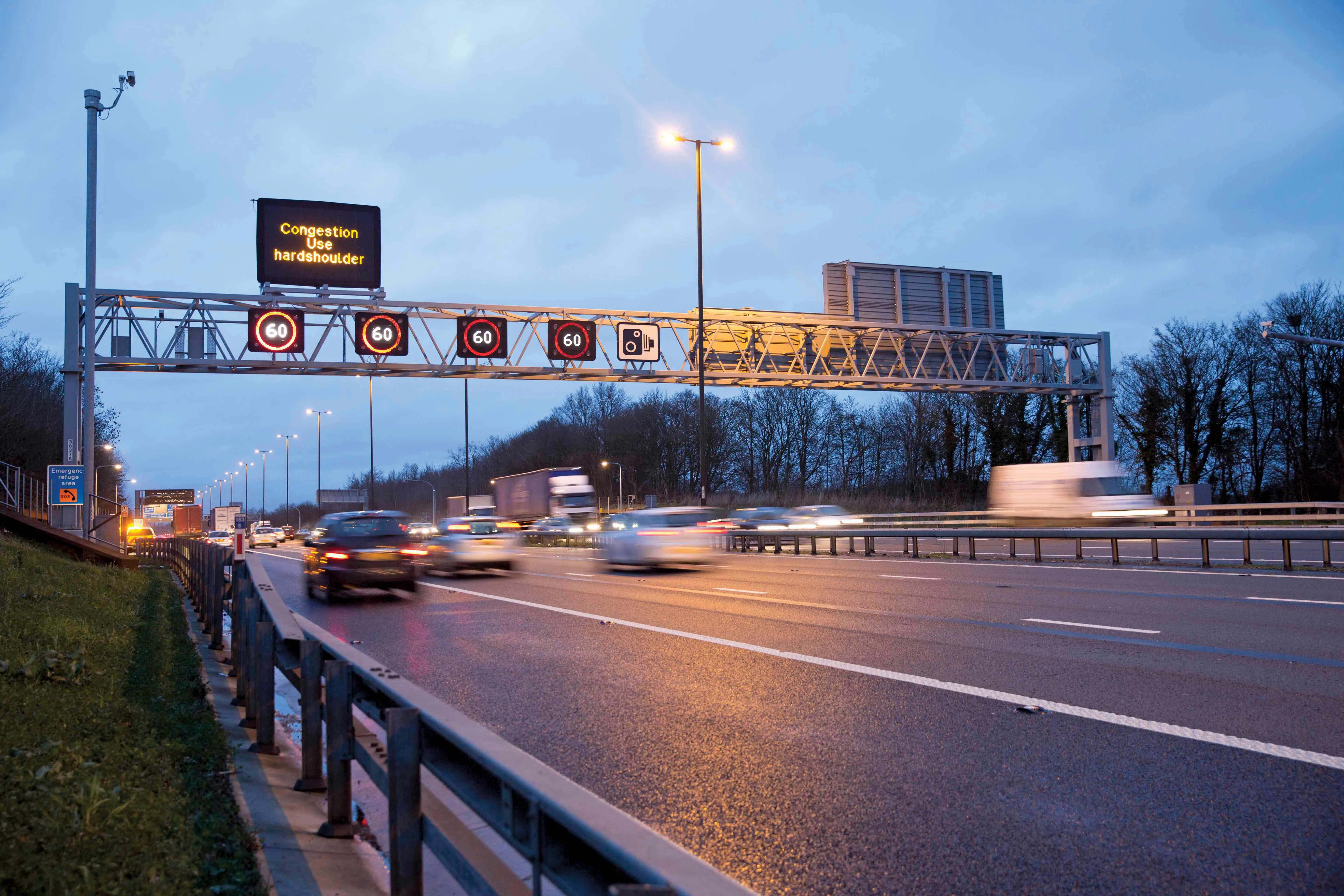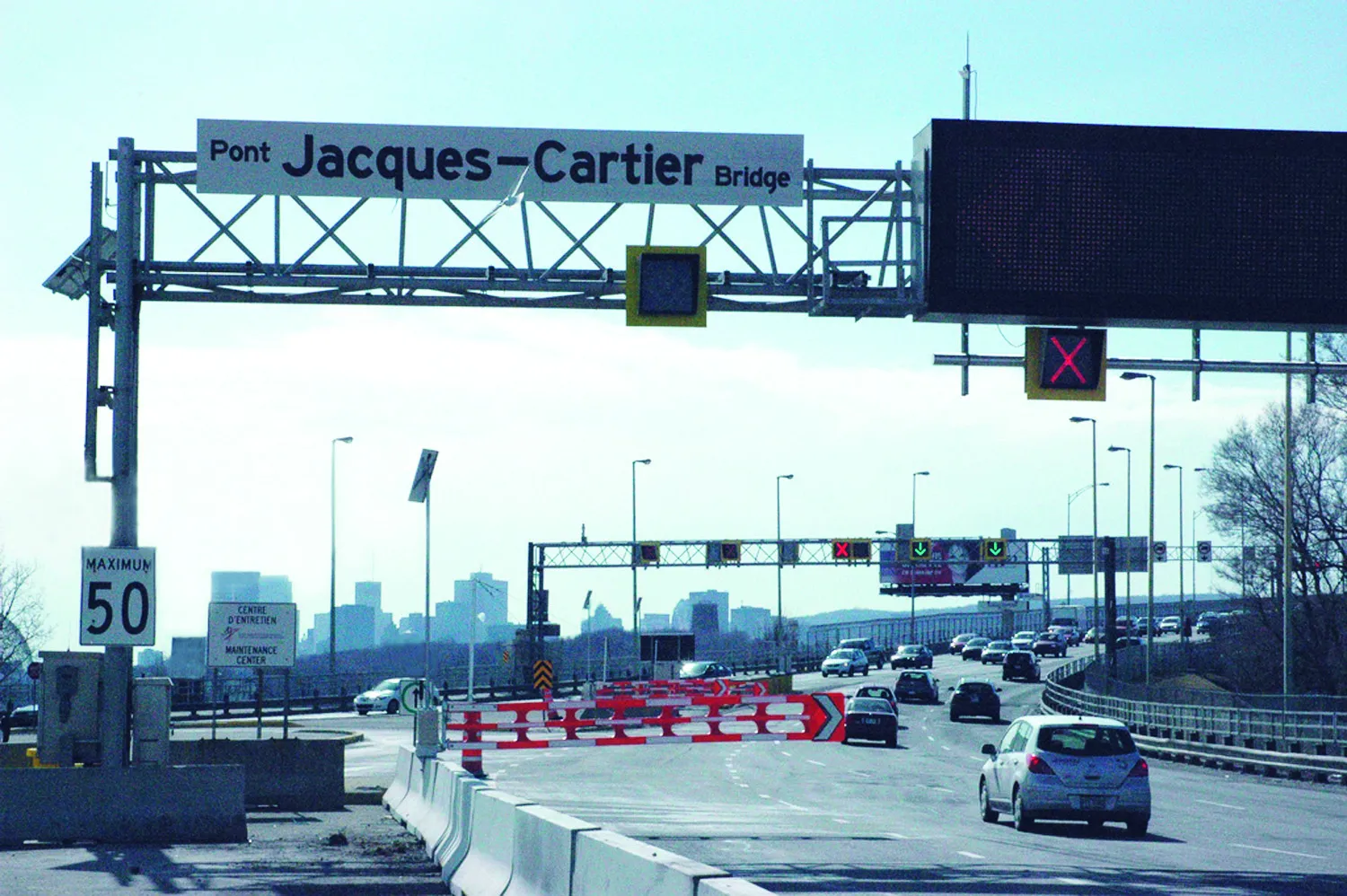Telegra, a leading provider of smart traffic management solutions, has introduced its electro-mechanical prismatic variable message signs (VMS). Using three-sided prisms, the signs display up to three traffic conditions and can be changed by remote command or manually.
July 12, 2012
Read time: 2 mins

Using three-sided prisms, the signs display up to three traffic conditions and can be changed by remote command or manually.
The signs are fully interoperable with advance traffic management systems and TMCs, offer low maintenance and operating costs and feature an optical prism system detector for precise positioning of each prism.
"Telegra's prismatic VMS can instantly deliver critical, easily changeable messages on any roadway at a lower cost than LED signs," said John Kasik, president and chief executive officer of Telegra. "Like all Telegra products, our prismatic signs are created specifically for the transportation industry and feature the most robust and reliable engineering on the market today. Regardless of wind, ice, snow, heat or other environmental conditions, Telegra's prismatic VMS displays can easily be placed wherever they are needed."
Constructed from high quality materials and standards applied by US federal and state agencies in accordance with the needs of the transportation industry, the prismatic VMS features an innovative suspension design and robust weight-bearing framework to sustain harsh conditions long-term.
The signs include a redundant power supply to ensure functionality in power-loss situations as well as a de-ice 'wiggle' feature.
A prismatic VMS is a practical, cost effective solution for predictable lane use restrictions such as directional time-of-day HOV Lanes; speed reductions due to long-term construction; fog, ice, or wind conditions on bridges; changeable lane configurations for trucks, buses or cars only; dynamic lane use or use of shoulders for traffic; reversible lanes on bridges or configurable toll plazas, said Telegra.









